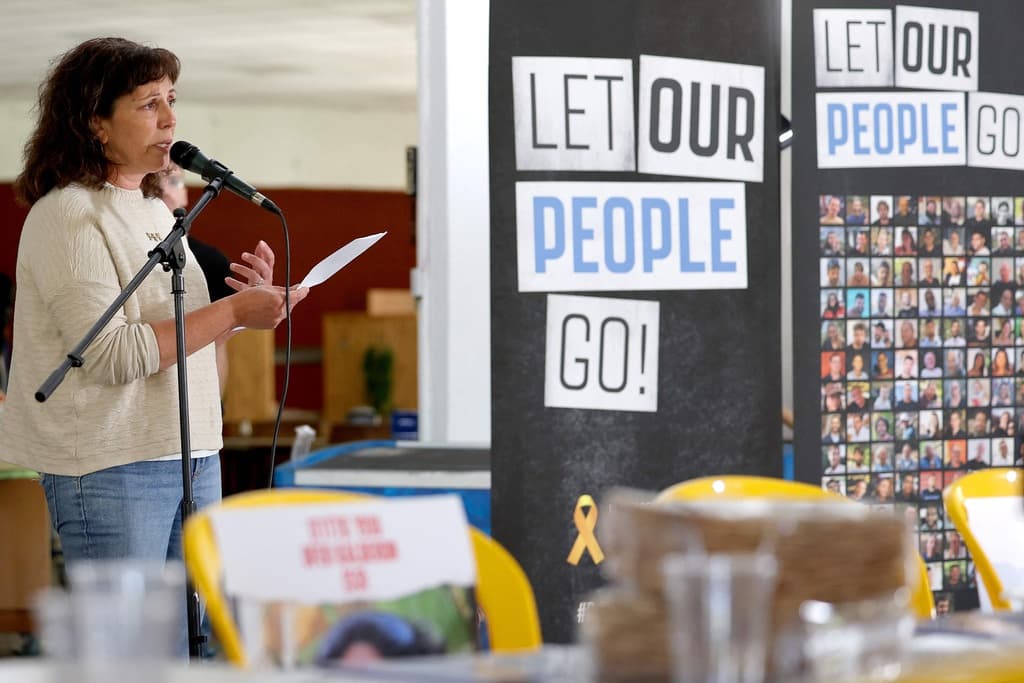Over 240 people were taken hostage when the terrorist-stamped Hamas attacked Israel on October 7. So far, 116 people have been released and many have testified about horrific experiences in Hamas captivity in Gaza, including psychological and physical abuse, rapes, and starvation.
49-year-old Liat Atzili, from the kibbutz Nir Oz, has a different experience. She was first taken to a house in Khan Yunis, where one of the Hamas men's families lived. The mother in the family washed Liat Atzili's clothes and the children played around her.
I could walk around freely in the house. They understood that I wouldn't escape, because what would I do alone in Khan Yunis?, she says to the Israeli newspaper Haaretz.
Mutual Trust
The next day, Liat Atzili was moved to an apartment where she stayed until she was released on November 30. In the apartment, there were, in addition to two Hamas guards, another woman from the hostages. During the weeks that passed, a kind of trust developed between the four.
After a few days, it became clear that they wouldn't harm us, Liat Atzili means.
The women were allowed to watch TV in the evenings and ate fresh food every day – during this time, there was no acute food shortage in Gaza.
The four – the women and their guards – talked a lot to each other. Liat Atzili realized that communication was crucial if she wanted to survive.
I wanted them to get to know me, to like and care about me. That's how you survive, she says to the newspaper.
Advertisement
The hardest part of being in captivity was that Liat Atzili didn't know what had happened to her husband and three adult children.
In Nir Oz, more than 40 people were murdered and around 80 of the kibbutz's 400 inhabitants were kidnapped. Later, it would turn out that Liat Atzili's husband was one of those who had been killed. Her children had survived unharmed.
Met Biden
After Liat Atzili came home, she met US President Joe Biden at the White House and resumed her job as a high school teacher. She is critical of Israel's Prime Minister Benjamin Netanyahu and the Israeli government's warfare in Gaza.
When it comes to the guards, she sometimes wonders what happened to them.
I don't wish for their death. But they made a wrong choice. It's obvious that their worldview is fundamentally wrong. But here in Israel, there are also people whose worldview is fundamentally wrong, says Liat Atzili.






